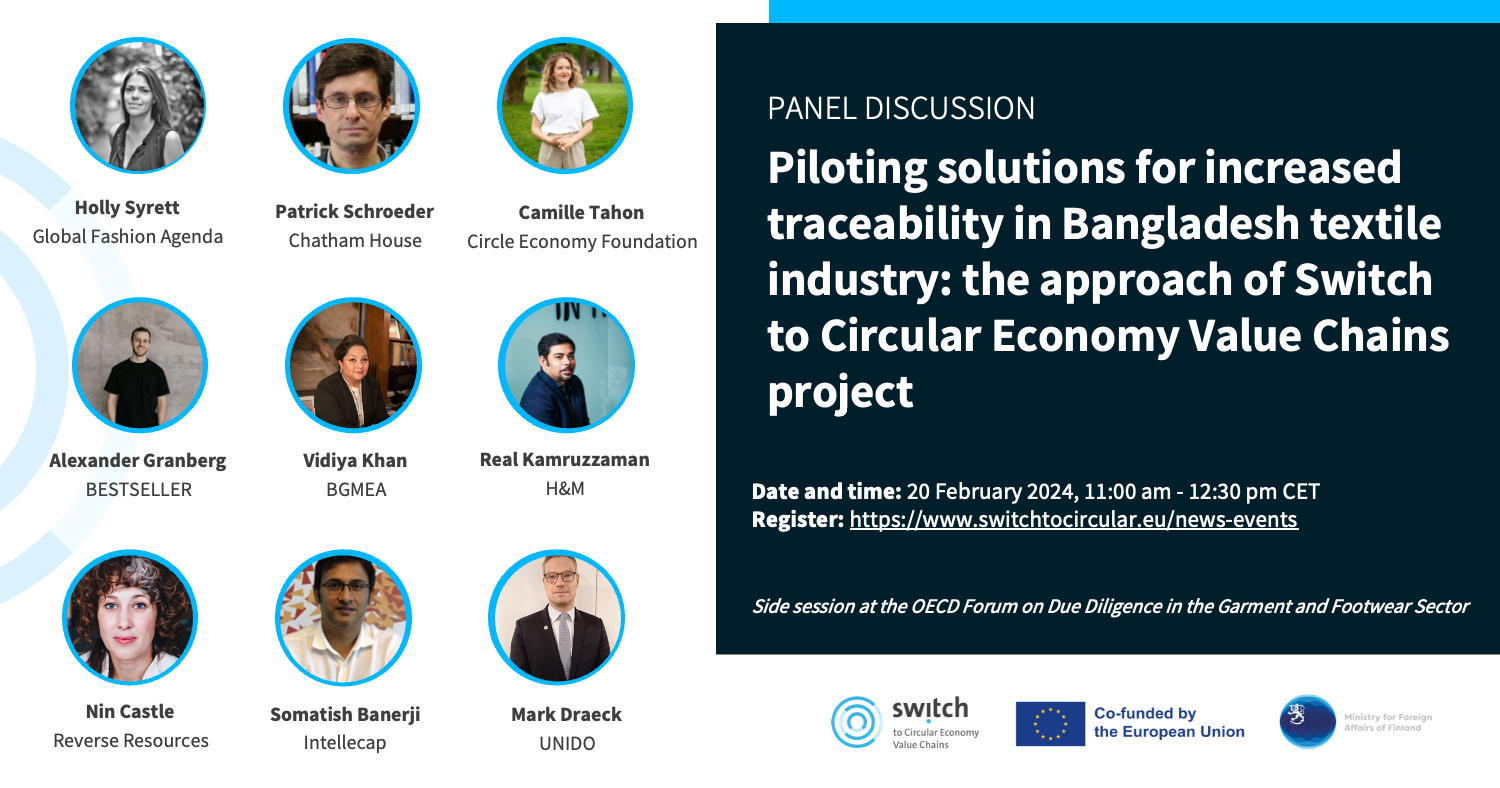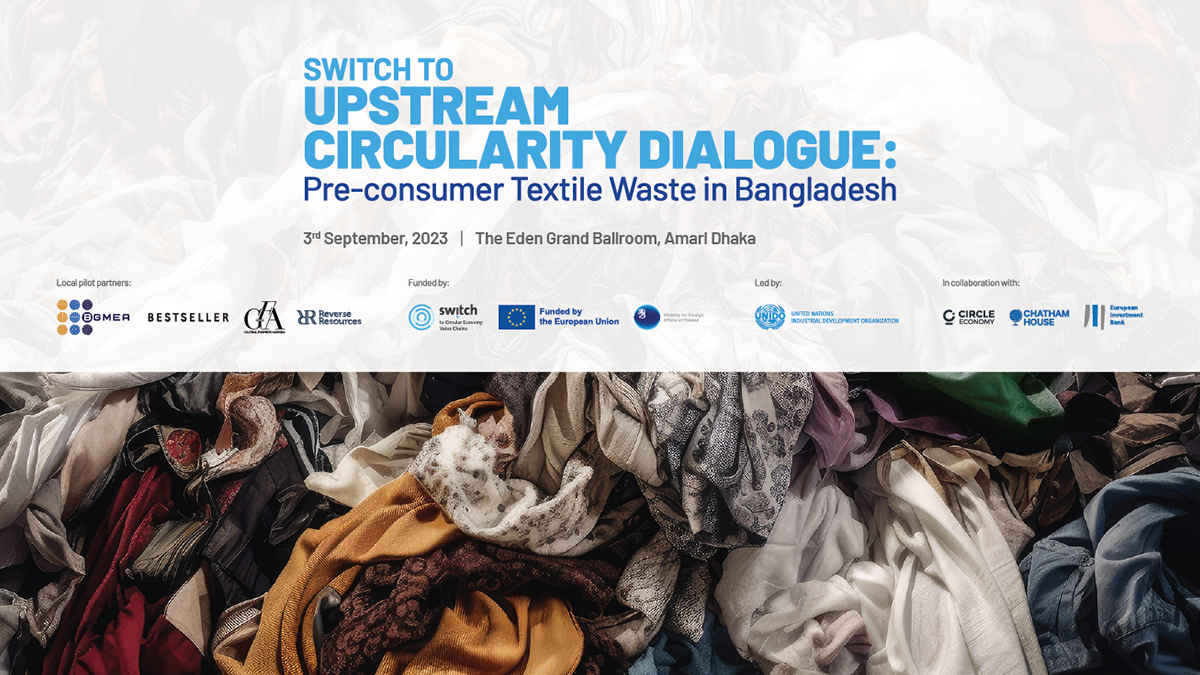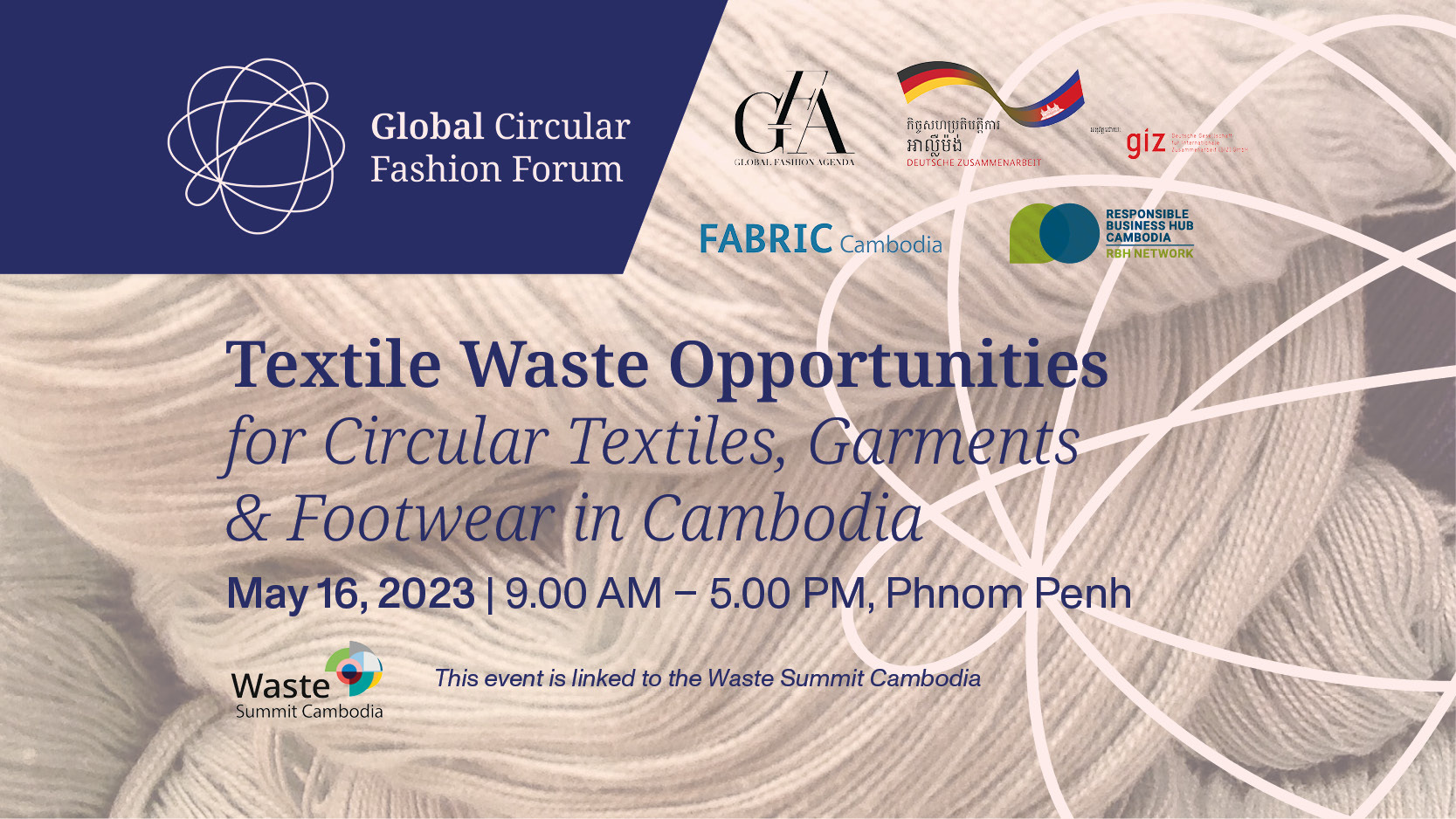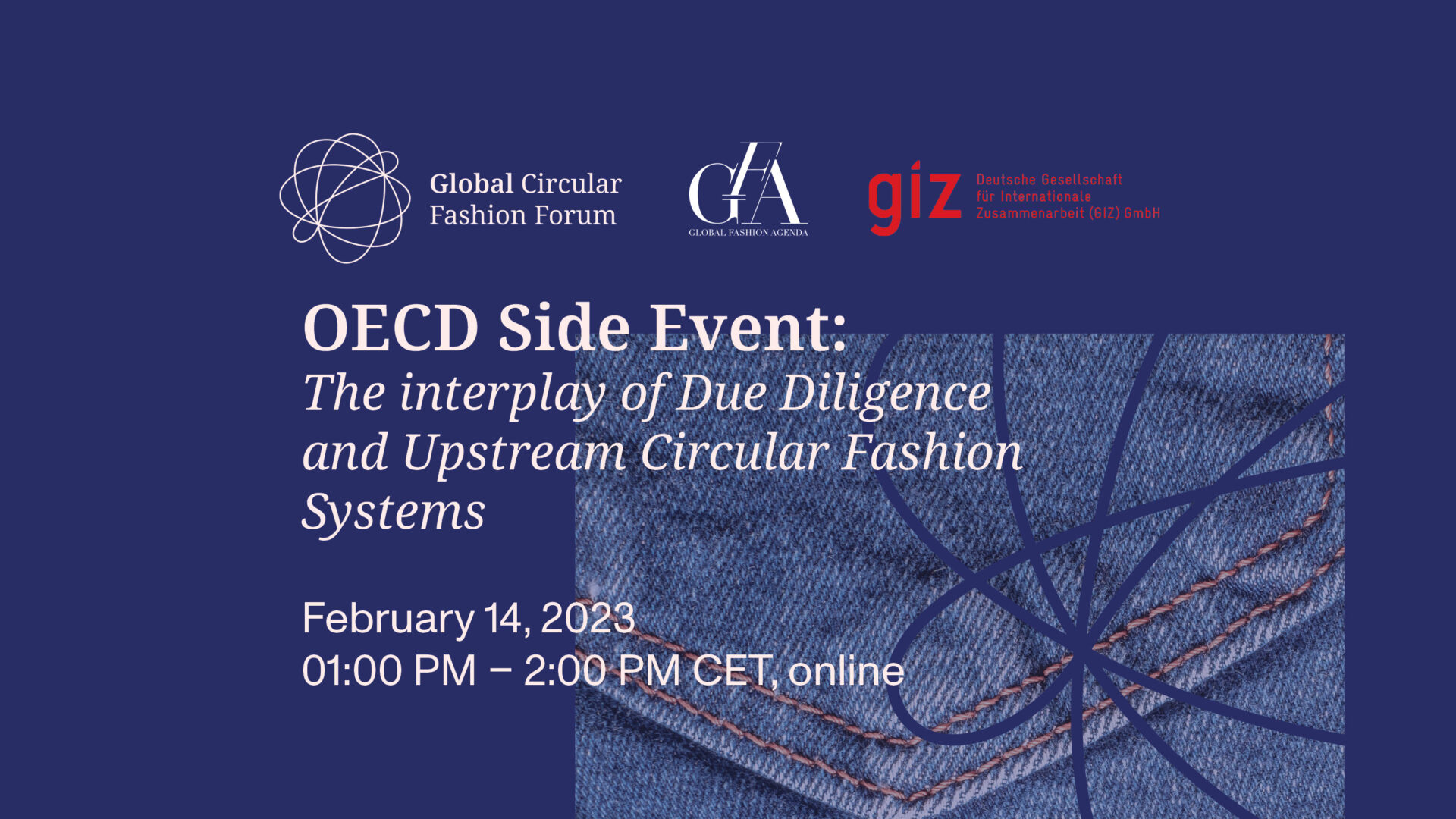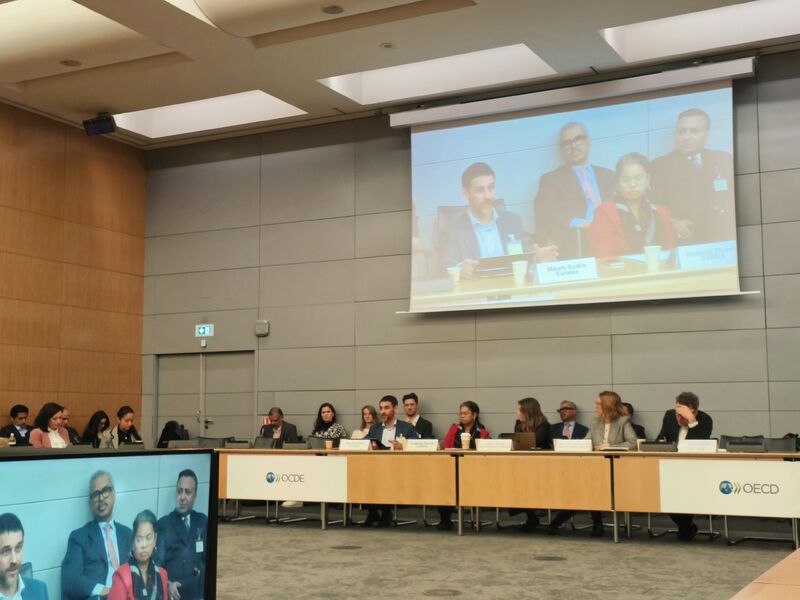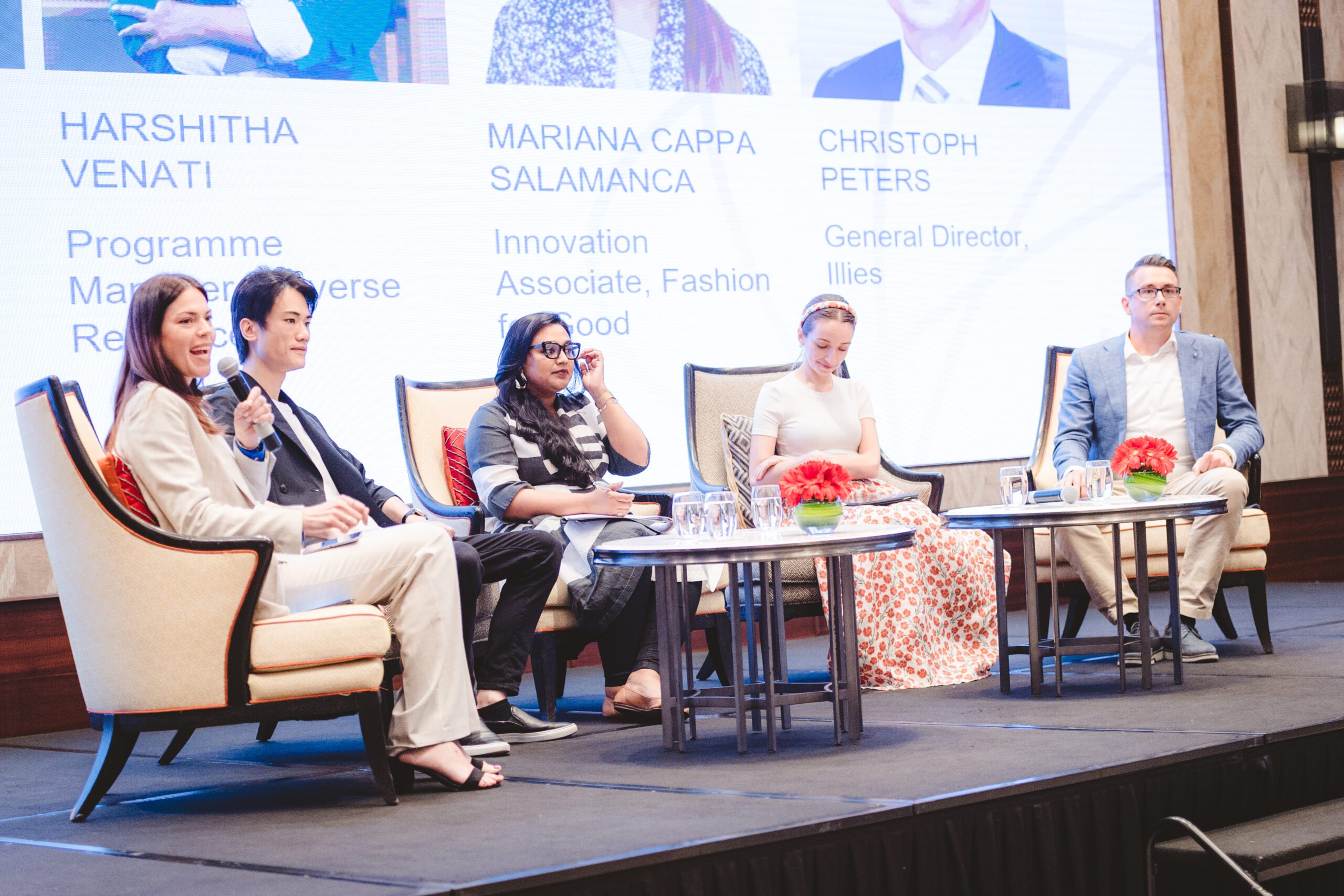SWITCH to Circular Economy Value Chains
SWITCH to Circular Economy Value Chains (SWITCH2CE) is an initiative that assists EU multinational companies and their suppliers from developing countries to switch to more circular economy approaches and practices in three selected value chains: Plastic Packaging, Textile & Garments, and ICT and Electronics.

SWITCH to Circular Economy Value Chains
SWITCH to Circular Economy Value Chains (SWITCH2CE) is an initiative that assists EU multinational companies and their suppliers from developing countries to switch to more circular economy approaches and practices in three selected value chains: Plastic Packaging, Textile & Garments, and ICT and Electronics.
The overall objective of SWITCH2CE to Circular Economy Value Chain Project is to support the “Transformation towards a circular economy”, including to contribute to sustainable growth, low carbon and climate resilient development, decent jobs creation, and safer, healthier, and pollution-free environment. SWITCH2CE is co-funded by the European Union and the Government of Finland, and implemented by UNIDO, in collaboration with Chatham House, Circle Economy, and the European Investment Bank.
UNIDO’s SWITCH2CE is part of GFA’s Circular Fashion Partnership programme, under which BESTSELLER with support of GFA, BGMEA and Reverse Resources is the lead applicant on the BESTSELLER – Switch to Upstream Circularity Pilot.
Supported by;
BESTSELLER Pilot
With the backing of SWITCH2CE, BESTSELLER is spearheading the expansion of traceable textile recycling alongside suppliers in Bangladesh. Our focus is on capturing and repurposing significant quantities of post-industrial textile waste, thereby offering manufacturers sustainable circular business alternatives. By decreasing reliance on virgin materials and enhancing the accessibility of recycled resources, we aim to foster a lasting, scalable, and equitable shift towards a circular textile ecosystem not only in Bangladesh but also on a global scale.
Bangladesh has yet to take advantage of its access to huge volumes of recyclable waste and production capabilities and accordingly invest in supporting infrastructure to develop a thriving textile recycling industry – a more active recycling industry, technology, as well as knowledge and awareness of the potential economic benefits of adopting formal and digitally verified circular value cycles can contribute towards this goal.
Scaling of textile-to-textile recycling in Bangladesh can help capture immediate opportunity of post-industrial waste and is a steppingstone to preparing the country to process post use waste. According to estimations from the Circular Fashion Partnership project, Bangladesh could reduce its annual virgin cotton imports by 15% and save over $500 million (or $0.5 billion), if it recycles just its 100% cotton waste domestically.
The long-term outcomes of the pilot include contributing to increase of recycling capacities of Bangladesh. This pilot aims to research scaled (domestic) diversity of recycling solutions. The pilot aims to develop strong business cases in collaboration with select manufacturers in order to strengthen the waste collection and recycling business case. Finally, the pilot aims to achieve an industry-wide acknowledgement of circular system opportunities (for/with) manufacturers through its cross-sectoral collaborations.
Bridging compliance and due diligence in circular value chains is instrumental for creating an inclusive circular fashion system that benefits all –inclusion and engagement of those currently controlling the waste flows is also needed.
Availability of key services like quality control, logistics and storage, a formalised waste handling network is fundamental for waste handlers. Therefore, waste handlers can secure long term stable business opportunities and have access to higher value recyclers whose contamination requirements they might not have previously been able to meet without the waste segregation at source.
Conducive policy environment is needed to support these developments. Also, taxation, tariffs, import/export etc. need to be considered to enable a circular textiles segment in Bangladesh.
Sign up to the Circular Fashion Partnership newsletter to stay updated
Events & resources
Textile Waste Opportunities for Circular Textiles, Garments & Footwear in Cambodia
Global Fashion Agenda and GIZ are organising an event on May 16th in Phnom Penh, Cambodia, to explore opportunities of valorising textile waste and creating circular business models in fashion & footwear manufacturing that bring value to the region.
OECD Side Event: The interplay of Due Diligence and Upstream Circular Fashion Systems
GFA is hosting a side session at the OECD Forum on Due Diligence in the Garment and Footwear Sector that will discuss the connection between establishing circular fashion systems and mandatory Human Rights & Environmental Due Diligence.
Contact us
Do you want to help us accelerate circularity in the fashion industry? We welcome further cooperation with other industry organisations, brands, retailers, investors, grantors, solution providers, academia and more. We invite you to share thoughts with us.



